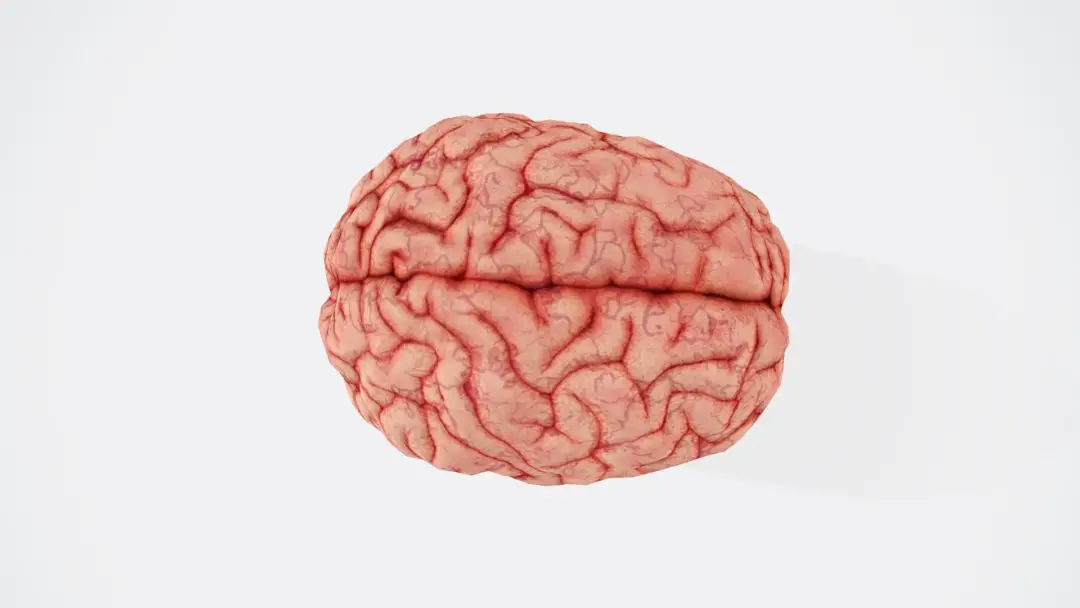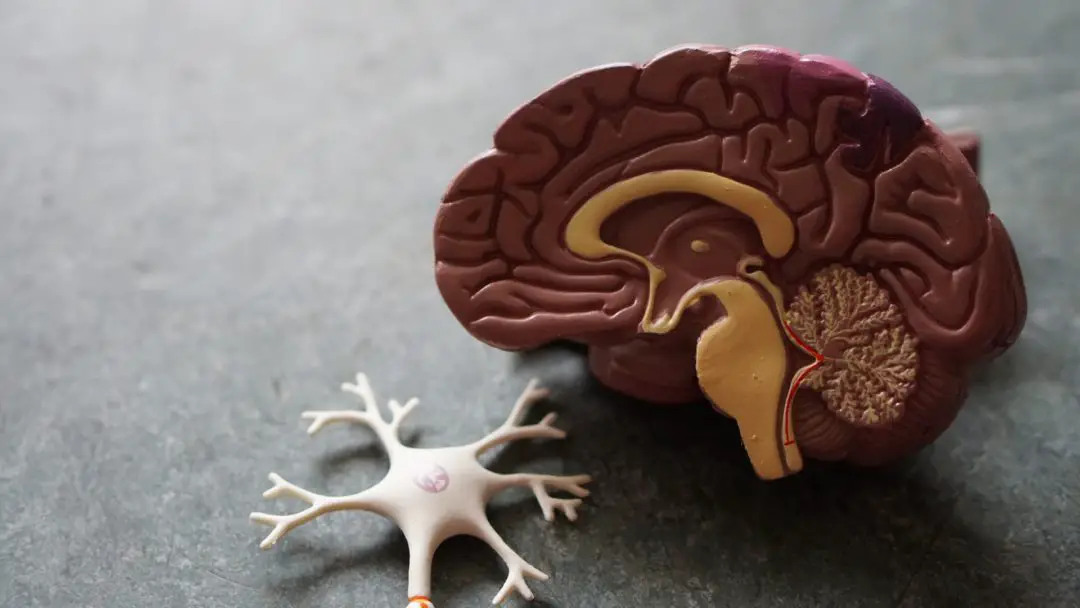If there’s ever a game about a youthful inability to focus, it’s Tetris. The puzzler combines a minimalistic interface (it literally just blocks falling from above) with fast-paced gameplay. As anyone who’s tried playing the game can attest, it’s almost impossible to keep your calm. But is Tetris actually good for your memory?
Tetris, the game that has made almost everybody who’s ever played it feel accomplished, playful, and even a little bit smart, may, have some serious cognitive benefits. The acclaimed game Tetris became one of the most played games ever in the 1990s and spawned hundreds of versions, oftentimes involving multiple players. But does competing in a game of Tetris actually help us with memorization?
Any game improves memory because your brain needs to focus on a task for a while in order to remember it. However, Tetris seems to require the most sustained concentration, as you must carefully match blocks in order to clear them from the board. So, can Tetris improve your memory? It really is too early to tell.
Recently, scientists have been investigating whether Tetris can help boost our problem-solving abilities. The most compelling finding thus far is that Tetris improves working memory or the brain’s temporary store of information; those who played Tetris experienced improved working memory, while those who didn’t saw any change.
Playing Tetris regularly for no more than an hour a day, as researchers recommend, won’t improve people’s short-term memory (STM, also called working memory), but they do believe that playing the game can improve people’s long-term memory (LTM, also called autobiographical memory). The wildly popular video game Tetris has earned its reputation as a fun but mindless game. So how is it possible that a simple game could influence our cognitive skills, such as memory? Today, we’re talking about how exactly Tetris is able to improve our memory and other cognitive functions.
Tetris increases brain efficiency.

Have you ever seen someone playing Tetris and wondered why they look so focused? The cool thing about Tetris is that it requires intense concentration (as you try to keep those little blocks from falling), but you feel good when you play it. The Tetris Effect, a play on the popular video game, is a theory of how the game changes your brain for the better. As players improve their skills at Tetris, they report improvements in things like focus, concentration, and working memory.
Tetris, the classic puzzle game that entertains millions of people every day, could help boost brain efficiency in older adults. A research team tested the effects of playing Tetris on older adults, finding that those who played the most—and the hardest—were better able to complete other cognitive tasks than their less experienced peers.
The Tetris Effect is addictive, and it’s not just because of the fun gameplay. Instead of simply playing video games or playing a quick game of candy crush, people are finding more ways to challenge themselves mentally. The “Tetris Effect,” also known as a “Zen state,” is a mental state where tasks seem effortless and time is non-existing. It is achieved through repetitive tasks, such as playing a videogame, or focusing on a specific task, for example: playing table tennis. However, recent research has found that playing the videogame Tetris can actually boost your performance in other activities that require concentration.
The ability to keep puzzles in perspective and stay focused on one challenge at a time might be a boon to our lives, but it’s not the only thing Tetris is good for. The game helped scientists determine for the first time that executive function—the mental processes that help us plan, organize, and communicate—can be improved, at least in the short term. According to researchers at the University of Rochester, playing Tetris for 10 minutes was enough to improve that ability.
Players of Tetris who were better at the game showed more gray matter in their caudate nucleus and hippocampus, areas of the brain responsible for cognitive memory encoding and spatial navigation, respectively. Neat!
Thicker cortex

Anyone who’s played Tetris can testify to its addictive properties. It can be almost impossible to put down, and even when you eventually do, you’re instantly compelled to play again. So, is the game good for your brain? Well, according to a study published by Frontiers in Human Neuroscience, playing Tetris can actually lead to a thicker cortex, which scientists say is an antioxidant that leads to increased brain activity.
Researchers believe that playing Tetris – the classic computer game in which players must rotate falling blocks to create complete horizontal lines – can help develop parts of the brain associated with higher-order thinking and learning. As part of the study, participants played Tetris on a computer or smartphone while an MRI scan monitored their brain activity. After 25 minutes of playing Tetris, the researchers found that the study participants’ brains had thicker cortex (the outermost layer of neurons) in areas associated with attention, episodic memory, and planning.
A new study has found that playing Tetris may unexpectedly lead to a thicker cortex. Tetris is a popular video game that has been part of popular culture since its release in 1984. The game’s objective is to complete levels by fitting falling shapes into a 3×3 grid. Previous research has linked Tetris playing to learning new tasks, improving hand-eye coordination, and even helping players improve their golf swing. The new study looked at the effect of playing Tetris on brain volume.
The Tetris effect has been noted by some researchers, who discovered that the game of Tetris could lead to thicker cortical areas of the brain. In other words, those who play the video game repeatedly may, over time, grow a thicker cortex. Playing Tetris is thought to lead to thicker brains. Tetris, a simple yet addictive game, involves stacking blocks to create lines before more blocks are added on top of what you create. To play, users must rotate the blocks to create lines as much as possible before the blocks pile up. Playing Tetris leads to thicker and more complex brains and a greater ability to multitask.